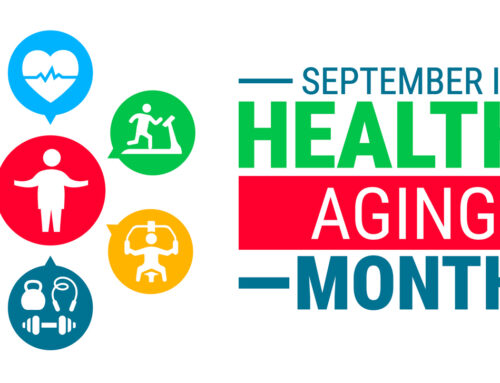How proper planning can protect seniors and their families
It isn’t surprising that the majority of us aren’t prepared with planning our wills and executing our estates. Preparation means thinking about the worst, and these matters go unattended for 60% of Americans. The secure distribution of property and possessions is of prime importance for seniors, especially given that they can be particularly vulnerable to financial abuse (which we look at here in our blog). Whether you’re a senior or you are caring for an older person, here’s some helpful information about making a plan.
Preparing a will
It will be necessary that an executor (or executors) be appointed. As the name suggests, it is their responsibility to see that the wishes of the will are carried out. The American Bar Association offers this very helpful guide in how to appoint a reliable representative. Here are some key points:
• Consider having two executors; one with legal expertise (and neutral interest in the matter) and a member of the family/trusted party who can represent the human concerns alongside the legal ones
• Their roles will include collecting the assets of the estate, protecting the property, preparing an inventory, paying any bills or outstanding debts, and distributing property and possessions to the beneficiaries
• Make certain that all of the powers you wish your executors to have are included in the will. If not, they may be limited by state regulations. Chapter Six of the Florida Statutesfurther details the powers which can be conferred on an executor or appointed representative
• Executors can prepare and file a budget and accounting for the court
Statute article 732.502 (c) states that each will created in Florida must have two witnesses. It is also important to keep a will up to date. Have there been any marriages, divorces, deaths or births that may affect who is (or is no longer) a beneficiary? If so, amend the will accordingly. The original document will always be required regardless of how many copies are made, so keep it in a safe place. It may also be prudent for a married couple to have separate wills.
What is a living will?
Also known as an Advance Health Care Directive, a living will is designed to give an individual the power to dictate which medical decisions will be taken on their behalf if they become too ill to do it themselves. Unlike a standard will which applies after a person’s death, a living will is effective only when the person is alive. At such a serious time, it is vital to be as informed as possible about the formation and efficacy of such a document. To this end, the American Bar Association’s Commission on Law and Aging has assembled this advice toolkit.
How preparation provides peace of mind for everyone
The prime motivation for arranging a will and ordering your estate is to provide comfort. The writer knows that their wishes will be legally respected, and their families won’t have to scramble to distribute or dispose of whatever is bequeathed. There may still be dissent or disappointment among the beneficiaries, but as long as an estate is distributed according to the law, there is a greater likelihood of the matter going smoothly.
How to begin ordering your affairs
It’s most common to consult with a lawyer for advice on managing a will or estate. The National Care Planning Council offers this list of Florida lawyers who handle senior matters.
Handling things personally is also becoming increasingly popular. Important resources and contacts are available from Florida’s Department of Elder Affairs, and there are online options for Florida residents that cover a variety of personal situations (including this resource to draft a living will). Doing so online may not carry the same comfort as hiring a lawyer, but it may be just as effective depending on your personal circumstances (and certainly, presents a more cost-friendly alternative).
Of course, if you are in any doubt about such an important decision, always gather as much advice and information as you can from reliable sources. If you choose the online route, consider having your documents reviewed by a legal professional.
Since 2000, it has been FirstLantic’s privilege to provide the highest caliber of service and attention to our clients in Broward, Palm Beach, St. Lucie, Indian River, and Martin Counties. If you or your loved one are looking for home healthcare in South Florida, whether hourly, daily, or overnight, call us 24 hours a day, seven days a week at 877-618-3624 or complete our online contact form.
 AVAILABLE 24 HOURS A DAY/7 DAYS A WEEK
AVAILABLE 24 HOURS A DAY/7 DAYS A WEEK Careers
Careers







